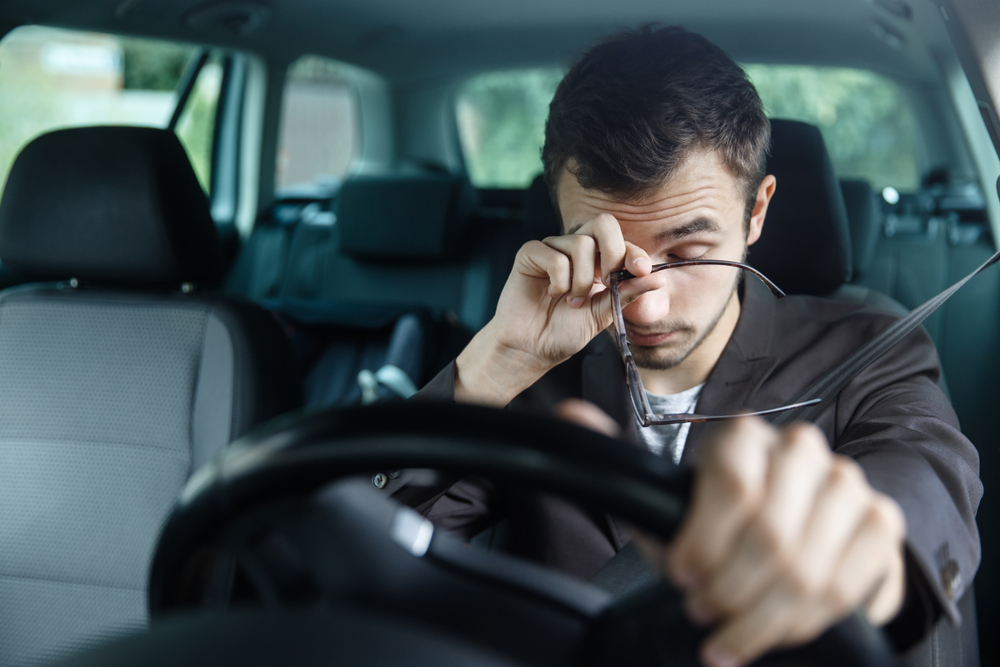In this article, we will discuss common reasons why your car may feel like it’s pulling back when driving and what you need to know to address the issue. We will cover various potential causes, signs, and solutions to help you understand and resolve any issues you may be experiencing with your vehicle.
Why is my car feeling like it’s pulling back when driving?
There are several possible reasons why your car may feel like it’s pulling back when you’re driving. One common cause is a clogged fuel filter, which can restrict fuel flow to your engine and affect its performance. Another possible reason is a malfunctioning spark plug, which can lead to misfiring and difficulty accelerating smoothly. Additionally, issues with your transmission or drivetrain can cause your car to feel like it’s pulling back.

Suppose you notice your car jerking or hesitating while driving, especially when accelerating or shifting gears. In that case, it’s important to address the issue promptly to prevent any further damage to your vehicle.
How can I determine the cause of the problem?
One way to determine the cause of the issue is to have your car diagnosed by a professional mechanic. They can use diagnostic tools to identify any specific issues that may be causing your car to feel like it’s pulling back. Additionally, you can check for any warning lights on your dashboard or listen for any unusual noises coming from your engine or exhaust system.
Keep track of when the issue occurs, such as when you’re accelerating, braking, or shifting gears, as this can help narrow down the potential causes of the problem. It’s also helpful to note any specific circumstances or patterns in which the issue occurs, such as during cold weather or when driving at high speeds.
What are some common solutions to this problem?
Depending on the underlying cause of the issue, there are several potential solutions to address your car’s pulling back while driving. If the problem is a clogged fuel filter, replacing the filter can help restore proper fuel flow to your engine and improve its performance. For a malfunctioning spark plug, replacing the spark plug can help eliminate misfiring and improve acceleration.
If the issue is related to your transmission or drivetrain, it’s essential to have these components inspected and repaired by a qualified mechanic. They can diagnose any issues with your transmission fluid, gears, or other components that may be causing your car to feel like it’s pulling back when driving.
How can I prevent this issue from happening again?
To prevent your car from feeling like it’s pulling back when driving, it’s essential to maintain regular maintenance on your vehicle. This includes changing your oil and oil filter, checking and replacing your spark plugs, and ensuring your transmission fluid is clean and at the correct level.
Additionally, driving your car gently and avoiding harsh acceleration or braking can help prevent wear and tear on your vehicle’s components. By staying on top of your car’s maintenance schedule and addressing any issues promptly, you can help ensure your car stays running smoothly and efficiently.

Conclusion
Feeling like your car is pulling back when driving can be a frustrating experience, but it’s essential to address the issue promptly to prevent any further damage to your vehicle. By understanding the potential causes, signs, and solutions to this problem, you can take the necessary steps to keep your car running smoothly and safely on the road.
FAQs
1. Can low tire pressure cause my car to feel like it’s pulling back when driving?
No, low tire pressure can affect your car’s handling and fuel efficiency, but it is unlikely to cause your car to feel like it’s pulling back when driving. If you notice your car pulling to one side or experiencing vibration at higher speeds, it may be due to low tire pressure or wheel alignment issues.
2. Is a dirty air filter a common cause of a car pulling back while driving?
A dirty air filter can affect your engine’s performance and fuel efficiency, but it is not typically a common cause of your car feeling like it’s pulling back when driving. Issues with your fuel system, spark plugs, or transmission are more likely to be the culprits behind this problem.
3. How often should I have my car’s transmission fluid checked?
It’s recommended to have your car’s transmission fluid checked at least every 30,000-60,000 miles or as outlined in your vehicle’s maintenance schedule. Regularly checking and changing your transmission fluid can help prevent issues with your transmission and drivetrain that may cause your car to feel like it’s pulling back when driving.
4. Can a worn-out clutch cause my car to feel like it’s pulling back when driving?
Yes, a worn-out clutch can cause your car to feel like it’s pulling back when driving, especially when shifting gears. If you notice difficulty engaging or disengaging gears, a slipping clutch, or a burning smell coming from your transmission, it may be time to have your clutch inspected and replaced by a professional mechanic.
5. How can I tell if my car’s fuel filter is clogged?
If your car is experiencing a loss of power, difficulty starting, or hesitations when accelerating, it may be a sign that your fuel filter is clogged. Additionally, you may notice a decrease in fuel efficiency, rough idling, or stalling while driving, which can indicate a problem with your fuel filter that needs to be addressed promptly.

















